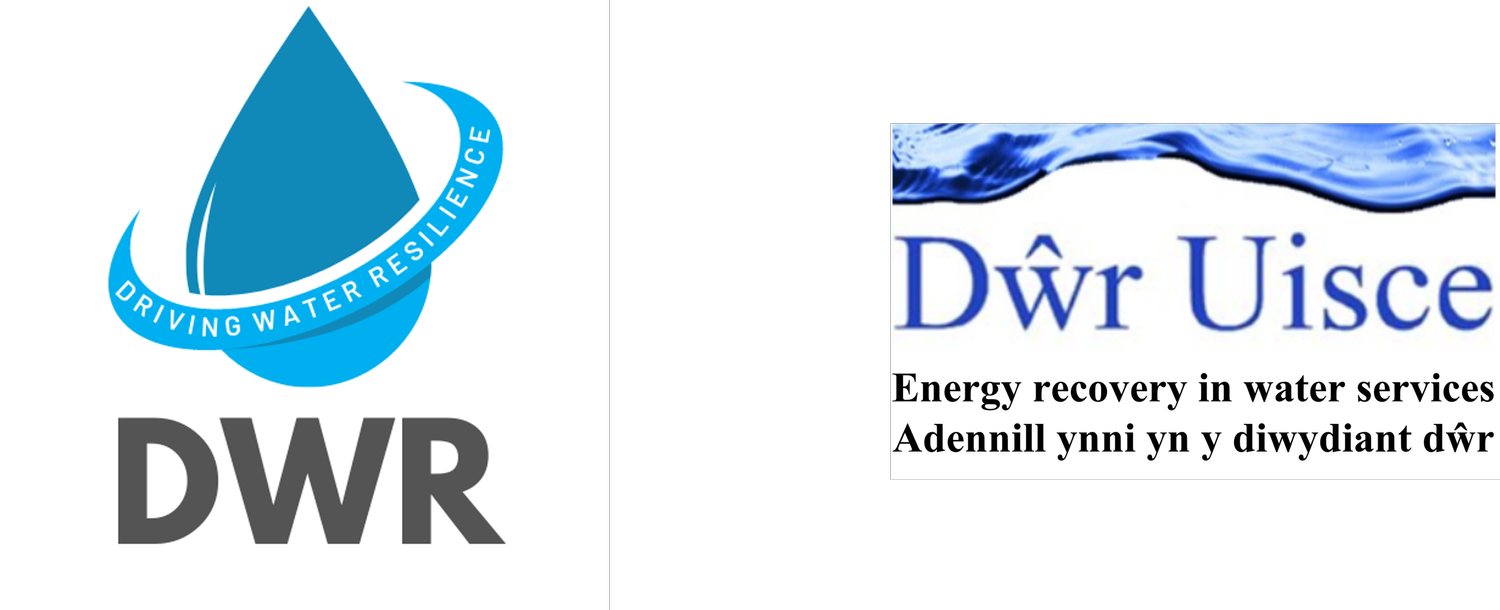By Katrin Dreyer-Gibney
Since my involvement with the European Dŵr Uisce research project I don’t think I have enjoyed a task more than coordinating the paper and presentation for the EURAM 2020 Conference, which will take place in the Trinity Business School, Trinity College Dublin from the 4th to 6th December 2020.
The overall Conference Theme is “The Business of Now: the future starts here”
Our paper deals with this theme as it addresses some of the biggest problems of “Now” and what businesses can do to address these problems for the future.
The paper is called “Responding to the UN Sustainability Goals through network action learning” - It explores how we – a cross-border, multidisciplinary team contribute to novel technology platforms, policy support and guidance and knowledge dissemination in collaboration with practitioners, government and community representatives.
Sustainability Development as a Wicked Problem
The UN Sustainability Goals challenge society to consider how it is behaving and to respond with new partnerships to sustain our communities, resources and planet. The scale and scope of this challenge is enormous and not amenable to single discipline actions, nor to actions which do not integrate research and practice. A challenge like this can be described as a “wicked problem”.
A wicked problem has countless causes, is hard to describe, and doesn’t have a right answer, climate change, war and poverty are classic examples of wicked problems. They are the opposite of hard but ordinary problems, which people can solve in a finite time period by applying standard techniques. Not only do conventional processes fail to tackle wicked problems, but they may exacerbate situations by generating undesirable consequences.
Wicked problems are amenable to action learning, where different people can advocate alternative courses of action in accordance with their own value systems, past experience and intended outcomes.
In our EURAM conference paper we present a particular response to the UN Sustainability Goals undertaken through network action learning. The problem setting is that of the creative application of novel technology with the potential to reduce the carbon footprint associated with water distribution and use. Increasingly, water, where available, is not in the right place at the right time. That is a well-recognised problem with implications for food production and human habitation. However, a less well recognised related problem is that the energy burden associated with water production and distribution is substantial. Treating raw water and wastewater to acceptable standards for consumption and disposal is energy intensive. Such activity accounts for 2–3% of the global energy use. Therefore, initiatives to reduce that energy burden have the potential to reduce the carbon footprint and sustain water as a resource.
We explore how network action learning impacts the application of novel technology to reduce the energy burden associated with water production and distribution and how, through learning in action, innovation capabilities are developed. We combine research and project practices, to enable the timely production of valid, actionable knowledge and innovative solutions.
By doing so, we address the following UN sustainability goals:
Goal 6: Clean water and sanitation
Goal 7: Affordable and clean energy
Goal 9: Industry, innovation and infrastructure
Goal 11: Sustainable cities and communities
Goal 12: Responsible consumption and production
Goal 13: Climate action
Goal 17: Partnerships for the goals
Humanity is facing enormous challenges through climate change and water shortage. These related problems cannot be solved in isolation. As shown in our research, a holistic approach can respond these problems and the associated UN Sustainability Goals. This study illustrates how a cross-border, multidisciplinary team of researchers working with practitioners from industry and governments addressed these challenges. The project continues for a further two years during which our further research will enquire into the diffusion of the innovations resulting from this study.
Reference:
Dreyer-Gibney, K., Coughlan, P., Coghlan, D., Wu, S.-H., Bello-Dambatta, A., Dallison, R., McNabola, A., Novara, D., Rafique, A., Schestak, I., Spriet, J., Walker, N., & Williams, P. 2020. Responding to the UN Sustainability Goals through network action learning. Paper to be presented at the EURAM 2020, Dublin.


